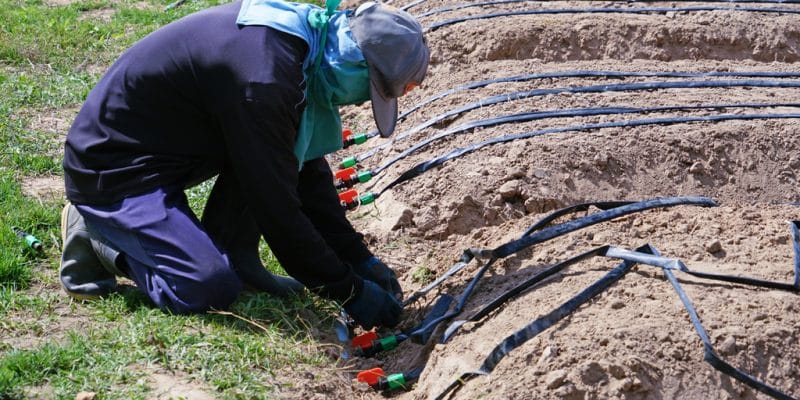Some 26,700 hectares of land will be restored in Tanzania through irrigation. The initiative comes from the National Irrigation Commission of the East African country, which has just signed partnership agreements with several companies.
In Tanzania, the government is multiplying initiatives to reduce food insecurity among the population. On 8 August 2022, the country’s National Irrigation Commission recruited several companies to implement various irrigation projects. The identity of the companies was not disclosed.
In total, 21 contracts were signed for 21 irrigation projects. This was done during the 19th Farmers’ Agricultural Exhibition held in the Mbeya region and led by Samia Suluhu Hassan, the President of the Republic of Tanzania.
An investment of US$7.8 million
The future irrigation systems will cover an area of 26,700 hectares in several locations, including the seven Paddy producing regions in Tanzania. Tanzania’s Minister of Agriculture, Hussein Bashe, estimates that the 21 irrigation projects will boost production of the crop to 97,300 tonnes per year in a context of drought. The climatic phenomenon is manifested in the absence of rainfall, but also in the Ukrainian crisis, which is causing international wheat prices to rise.
In the wake of this, new dams will be built to supply water to households and breeders. The entire project will cost 182 billion Tanzanian shillings, the equivalent of $78 million. It will be financed by the Tanzanian treasury. This project comes at a time when other similar initiatives are being developed in Tanzania.
Read also –
In the Mbeya region, 13 irrigation schemes will be commissioned in June 2023. The new facilities will be spread over 24,550 hectares of land in the districts of Mbarali, Kyela and Rungwe.
Inès Magoum






